
Web
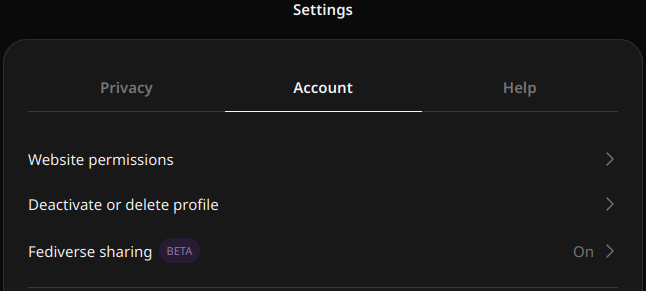
Reach a wider audience with Fediverse Threads!
Earlier today, Meta’s Threads.net microblogging social network rolled out its much-anticipated Fediverse feature to over 100 countries (except for European Union members), including many in the Asia-Pacific region. If you’re keen on expanding your audience as a content creator, or as a content consumer you want to follow content creators without creating yet another account, activating this feature is highly recommended.
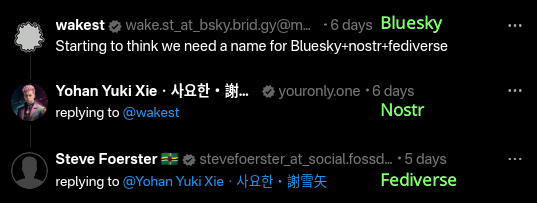
SNS, social media terminologies explained
Have you come across terms like “Social Web”, “Mycelial Web”, “Fediverse”, “Threadiverse”, “Mycelium network”, “Nostr”, “ATproto”, “ActivityPub”, and “DDFON”? They can sound quite techie and confusing. Today, let’s demystify them!
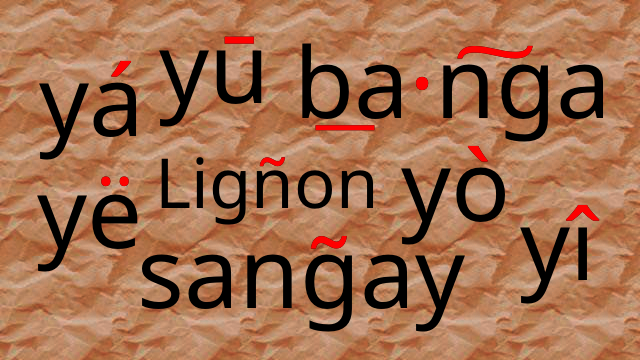
Styling diacritics
If you are wondering if there is a way to add a colour to diacritical marks, also called accent signs, then you are in the right place! Why? Because the answer is, yes, and I will show you how.

The federated SNS timeline (a fediverse history)
In a fast-paced world like what we have today, recording events is often forgotten. This is especially true in the digital era, wherein we assume that every piece of information will remain available indefinitely, and archived somewhere. Unfortunately, that is not the case at all. Sites, portals, databases, even software repositories, all come and go. If no one kept a copy, the information is gone forever.

Naver Whale, a better Chromium-based browser
There are many browsers based on Chromium like Google Chrome, Microsoft Edge, and Samsung Internet, to mention a few. Of all that I have tried, there is one I only recently discovered and immediately fell in love with, Naver Whale (네이버 웨일).
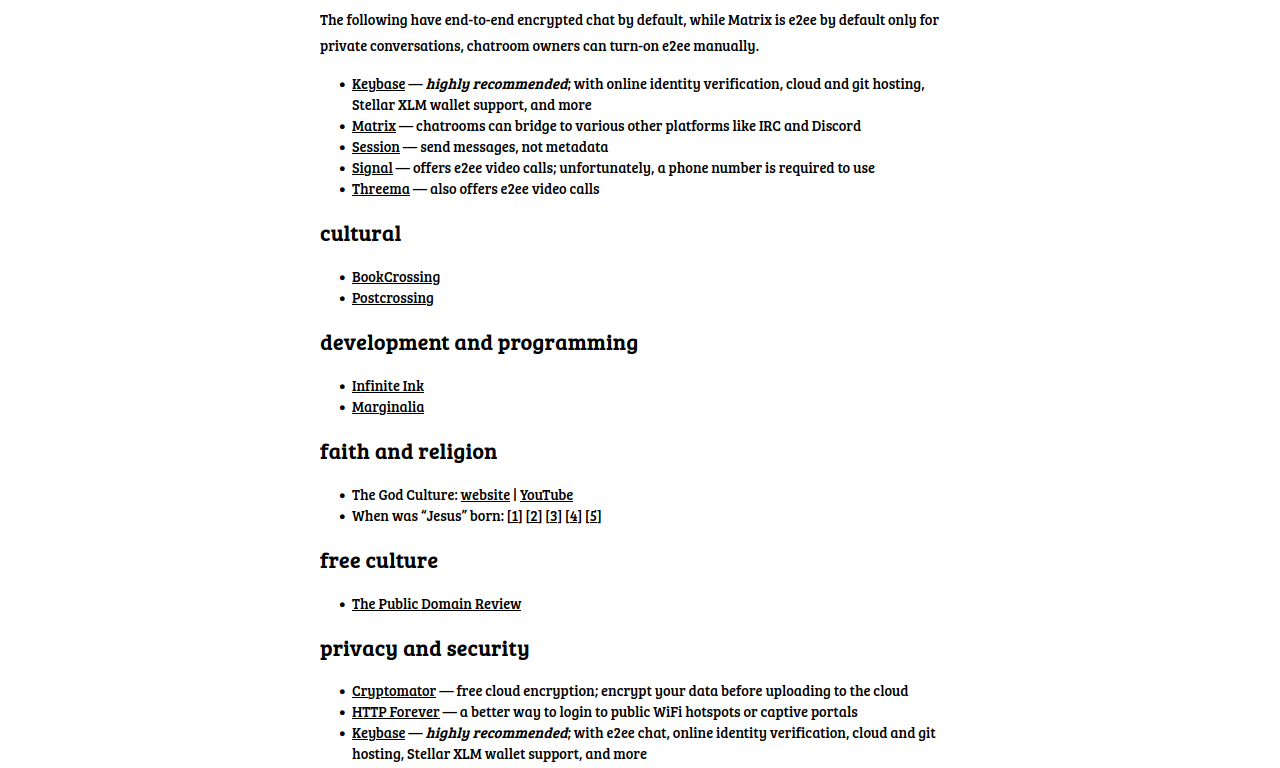
Linklists are back
In the early days of the World Wide Web (mid to late 90s) all the way to 2010 or 2012, linklists or blogrolls were not only popular but a standard part of webdesign. One fine morning it disappeared and no longer relevant. But is it really dead?
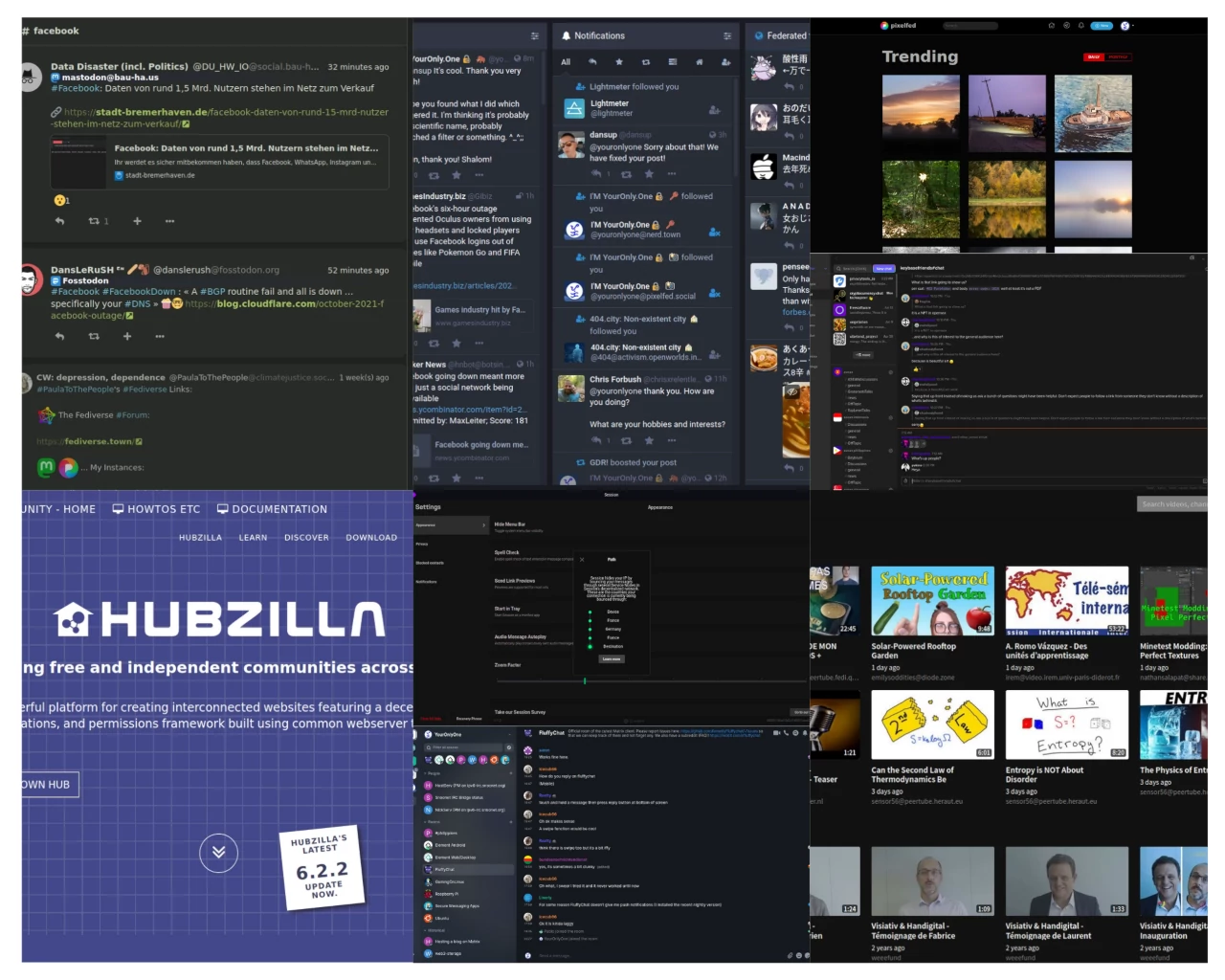
Lessons learnt from #FacebookDown
The longest downtime in the history of Facebook, Instagram, Messenger, and WhatsApp, should have had triggered meetings in many companies on business continuity and the importance of having a Plan B and a Plan C. This will also be remembered and used in schools and studies as the number one example on how not to setup security systems.
Yet main are asking: what else is there other than Facebook, Instagram, Messenger, and WhatsApp? They cornered the market and are as good as a monopoly. They are the Internet. They are the social web. Right?
NO and no.

Bidirectional test case
BDI (Bidirectional Isolation)
- The title of the book is: 𐤌𐤍𐤉𐤀 𐤋 C++
- Firefox 40.0 beta (2015-07-29)
- Chrome 58.0.3018.3 dev (2017-02-25) - fixed
- The title of the book is: מבוא ל- C++
- Firefox 40.0 beta (2015-07-29)
- Chrome 58.0.3018.3 dev (2017-02-25)
- My name in Hebrew is 𐤉𐤅𐤇𐤍𐤍!
- Firefox 40.0 beta (2015-07-29)
- Chrome 58.0.3018.3 dev (2017-02-25) - fixed
- My name in Hebrew is יוחנן!
- Firefox 40.0 beta (2015-07-29)
- Chrome 58.0.3018.3 dev (2017-02-25)
BDO (Bidirectional Override)
- The title of the book is: 𐤌𐤍𐤉𐤀 𐤋 C++
- Firefox 40.0 beta (2015-07-29)
- Chrome 58.0.3018.3 dev (2017-02-25)
- The title of the book is: מבוא ל- C++
- Firefox 40.0 beta (2015-07-29)
- Chrome 58.0.3018.3 dev (2017-02-25)
- My name in Hebrew is 𐤉𐤅𐤇𐤍𐤍!
- Firefox 40.0 beta (2015-07-29)
- Chrome 58.0.3018.3 dev (2017-02-25)
- My name in Hebrew is יוחנן!
- Firefox 40.0 beta (2015-07-29)
- Chrome 58.0.3018.3 dev (2017-02-25)

The YOOki Chronicles is Yohan Yukiya Sese-Cuneta’s return into casual and personal blogging. The name “YOOki” is a mash-up of the acronym of YourOnly.One and my nickname ᜌᜓᜃᜒ (Yuki・雪矢).
Interestingly, according to Chinese legend,
.1柳
(YOO) is an ancient Chinese surname. The ancestors of the surname were closely linked with the ancient sage-king named Yu Shun. In Korea, the 유
(YU) lineage traces to the Xia, Han, and Joseon dynasties. Holders of the surname Yu or Yoo had a reputation for charity and diligence
It is also the word for “willow” or the “willow tree” which means graceful or slender; and a tree growing near a body of water which provide continuous nourishment and resources for everyone. It can also mean to exist, an oil (anointment(?)), and simply as “U” (you).
The Hanzi 紀
(ki) character means to record, be disciplined, provide order. While the Hangeul equivalent, 키
(ki), means energy, spirit, a banner, and a period of time; and is also a suffix used to make a gerund or an infinitive.
